This article was co-authored by Matthew Snipp, PhD and by wikiHow staff writer, Jennifer Mueller, JD. C. Matthew Snipp is the Burnet C. and Mildred Finley Wohlford Professor of Humanities and Sciences in the Department of Sociology at Stanford University. He is also the Director for the Institute for Research in the Social Science’s Secure Data Center. He has been a Research Fellow at the U.S. Bureau of the Census and a Fellow at the Center for Advanced Study in the Behavioral Sciences. He has published 3 books and over 70 articles and book chapters on demography, economic development, poverty and unemployment. He is also currently serving on the National Institute of Child Health and Development’s Population Science Subcommittee. He holds a Ph.D. in Sociology from the University of Wisconsin—Madison.
This article has been viewed 213,124 times.
The idea of doing research may seem daunting, but as long as you keep yourself organized and focus on the question you want to answer, you'll be fine. If you're curious and interested in the topic, you might even find it fun! We here at wikiHow have gathered answers to all your most common questions about how to do research, from finding a good topic to identifying the best sources and writing your final paper.
Steps
References
- ↑ https://www.nhcc.edu/student-resources/library/doinglibraryresearch/basic-steps-in-the-research-process
- ↑ Matthew Snipp, PhD. Sociology Professor, Stanford University. Expert Interview. 26 March 2020.
- ↑ https://library.taylor.edu/eng-212/research-paper
- ↑ http://www.butte.edu/departments/cas/tipsheets/research/research_paper.html
- ↑ https://www.potsdam.edu/sites/default/files/documents/support/tutoring/cwc/6-Simple-Steps-for-Writing-a-Research-Paper.pdf
- ↑ https://www.umgc.edu/current-students/learning-resources/writing-center/online-guide-to-writing/tutorial/chapter4/ch4-05.html
- ↑ https://www.potsdam.edu/sites/default/files/documents/support/tutoring/cwc/6-Simple-Steps-for-Writing-a-Research-Paper.pdf
- ↑ http://www.butte.edu/departments/cas/tipsheets/research/research_paper.html
- ↑ http://www.butte.edu/departments/cas/tipsheets/research/research_paper.html
About This Article
If you need to do research on a particular topic, start by searching the internet for any information you can find on the subject. In particular, look for sites that are sourced by universities, scientists, academic journals, and government agencies. Next, visit your local library and use the electric card catalog to research which books, magazines, and journals will have information on your topic. Take notes as you read, and write down all of the information you’ll need to cite your sources in your final project. To learn how interviewing a first-hand source can help you during your research, read on!





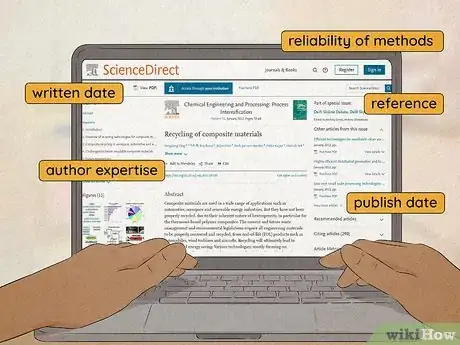

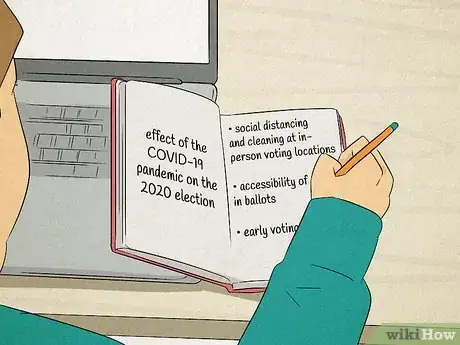
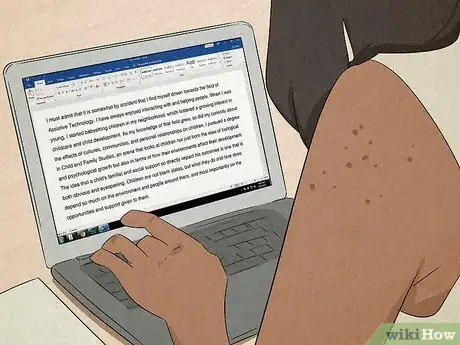
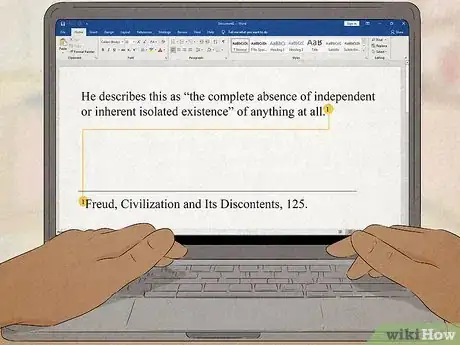


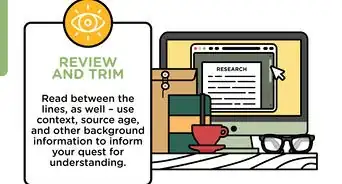

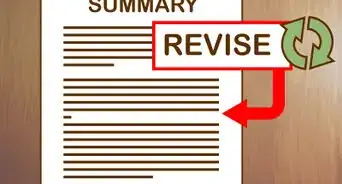

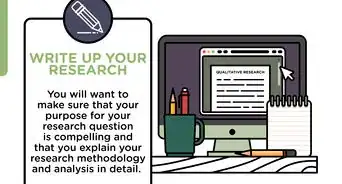
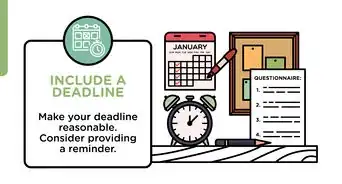


-Step-17.webp)

















































